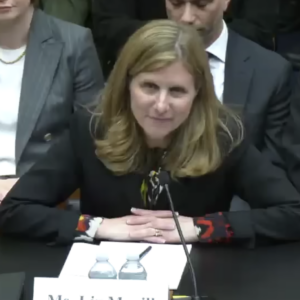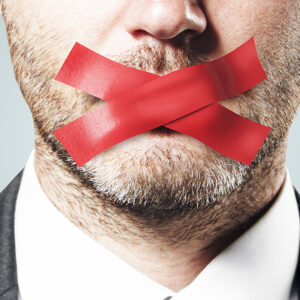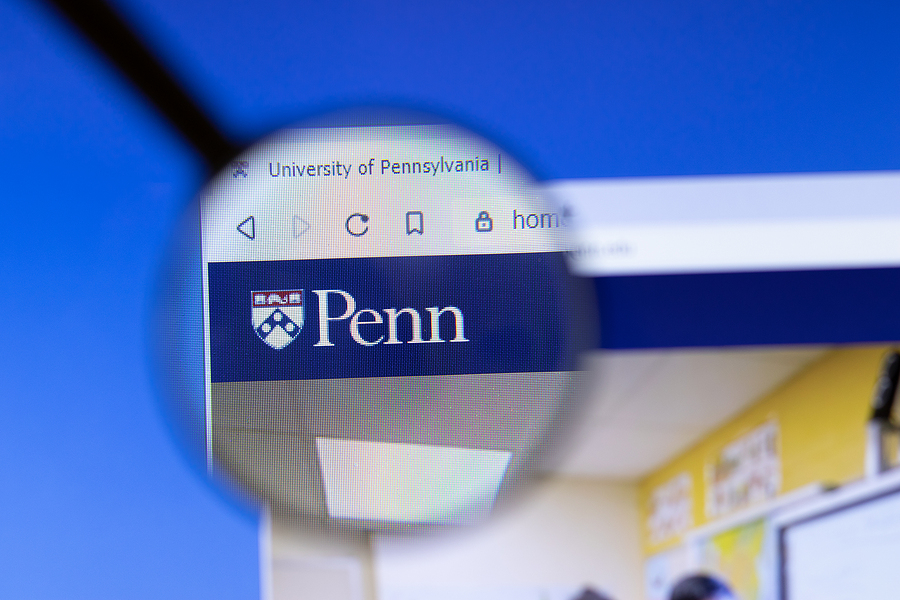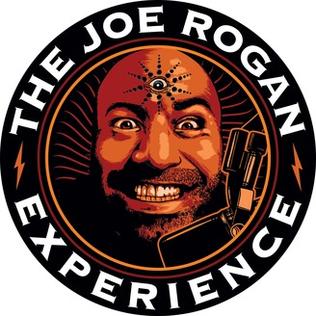Counterpoint: Banning TikTok Is a Blow to Free Speech
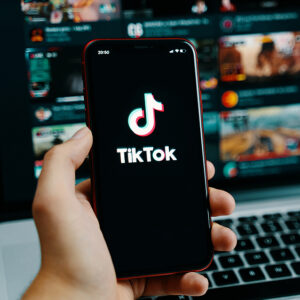
For another point of view see: Point: “Congress Is Right to Call for the Strategic Divestment of TikTok”
The recent move by the House of Representatives to advance legislation forcing ByteDance to divest its ownership of TikTok represents a potentially alarming infringement on our fundamental rights guaranteed by the First Amendment. Despite national security concerns, coercing the divestment of TikTok sets a dangerous precedent that undermines the principles of free expression upon which our republic is built.
While it is undeniable that there are legitimate concerns regarding the security implications of foreign-owned platforms accessing some data of millions of Americans, curtailing access to TikTok based on these concerns constitutes an overreach of governmental authority. The current ban on TikTok on federal devices is a reasonable precaution, but the government restricting access to the platform for the public goes too far (and it is a decision for parents for those under the age of 18.)
Former president Donald Trump’s reversal of his previous advocacy for banning TikTok is simply motivated by fears of Meta (Facebook and Instagram) becoming even more powerful. He has a political point — but not a constitutional one. His recent flip-flop on this issue underscores the political nature of such decisions. However, the motivations behind the legislation should not overshadow the potential erosion of individual liberties and the consequences they entail.
Proponents of the legislation argue that it does not amount to a ban, citing Rep. Mike Gallagher’s assertion that the TikTok user experience can continue and improve if ByteDance no longer owns the company. Yet, the looming threat of a complete ban if ByteDance fails to comply underscores the coercive nature of the proposed measures. They really have no choice based on the threatened consequence.
Moreover, the absence of concrete evidence demonstrating the Chinese Communist Party’s use of TikTok for surveillance or propaganda raises questions about the necessity of such drastic actions. While it is conceivable that Beijing could exploit TikTok for nefarious purposes, it is essential to weigh these potential risks against the broader principles of free speech and individual autonomy.
Put simply, banning TikTok violates of the free speech rights of millions of Americans, especially young people just learning to find their voices and form opinions. This may be why President Biden has indicated support for the banning consequence in the legislation while simultaneously having an account for his campaign on the platform. Hypocritical and political can be synonyms.
While TikTok may not be a beacon of free speech in its home country (or even allowed there), the United States has long prided itself on its commitment to protecting the rights of its citizens to express themselves freely, even when it conflicts with governmental interests.
The use of lawsuits as a means of holding social media companies accountable for violating laws is a more appropriate course of action. However, the protection afforded to these companies under Section 230 shields them from many legal challenges, limiting the effectiveness of this approach. If social media companies were subject to the same legal scrutiny as other entities, they might be more inclined to prioritize the interests of their users over their own corporate agendas.
Let’s open TikTok (and other platforms) to this level of legal scrutiny and see how quickly they clean up their act. Also, we should consider why so many Americans flock to TikTok. Maybe Americans like TikTok because it has been freer and easier than U.S. Big Tech failing attempts. Maybe Big Tech, with all their money, should just build better free speech applications and get out of the speech police business and, especially, politics.
Furthermore, the potential for government overreach in restricting access to social media platforms sets a dangerous precedent. Granting authorities the power to ban or control speech based on vague notions of national security could pave the way for future censorship and suppression of dissenting voices. It is imperative that we uphold the principles of free speech and individual liberty, even in the face of legitimate security concerns. It seems like well-paid, Big Tech lobbyists have convinced many in the House of Representatives that control of social media needs to reside with the same old incumbent players.
Ultimately, the debate surrounding TikTok’s ownership and access underscores the complex interplay between national security concerns, individual freedoms, and corporate responsibility. While it is essential to address legitimate security threats posed by foreign-owned platforms, any measures taken must be carefully balanced against the broader principles of free speech and due process. It makes no sense to “ban” when transparency continues to be such a major problem throughout U.S. politics.
While the concerns raised by proponents of legislation targeting TikTok are not without merit, the proposed solutions risk undermining the very freedoms they purport to protect. Rather than resorting to bans and coercive measures, policymakers should seek more nuanced approaches that safeguard national security and individual liberties. Failure to do so risks setting a dangerous precedent that threatens the fabric of our democracy.

